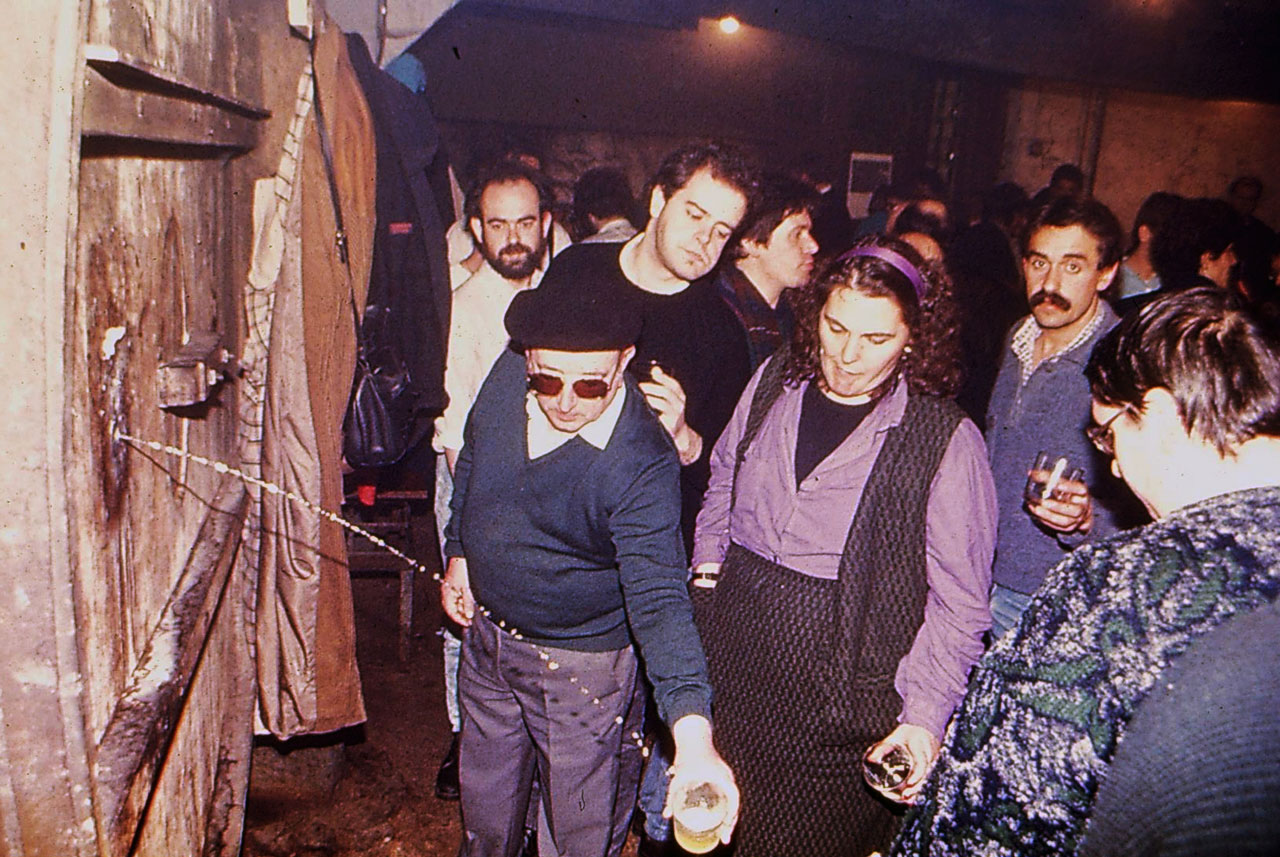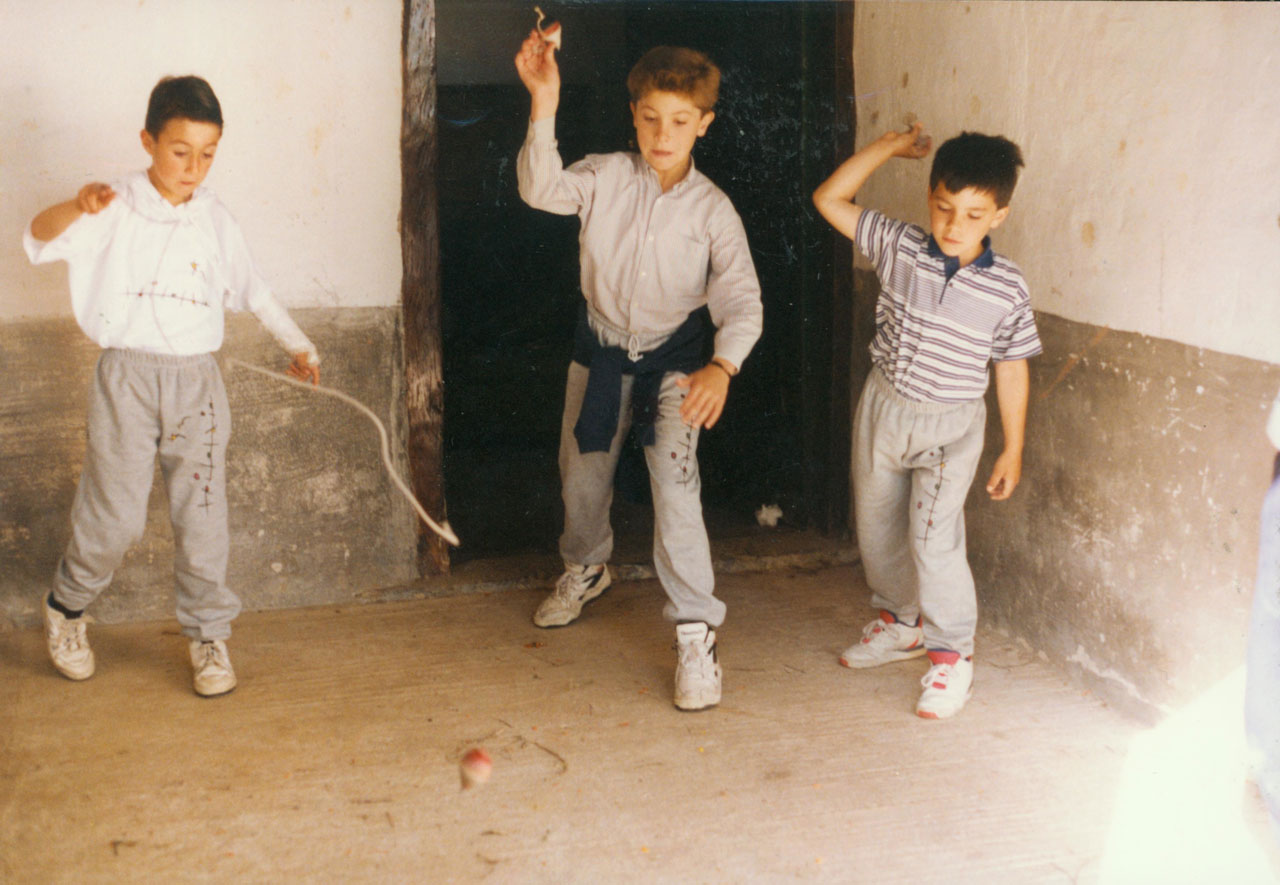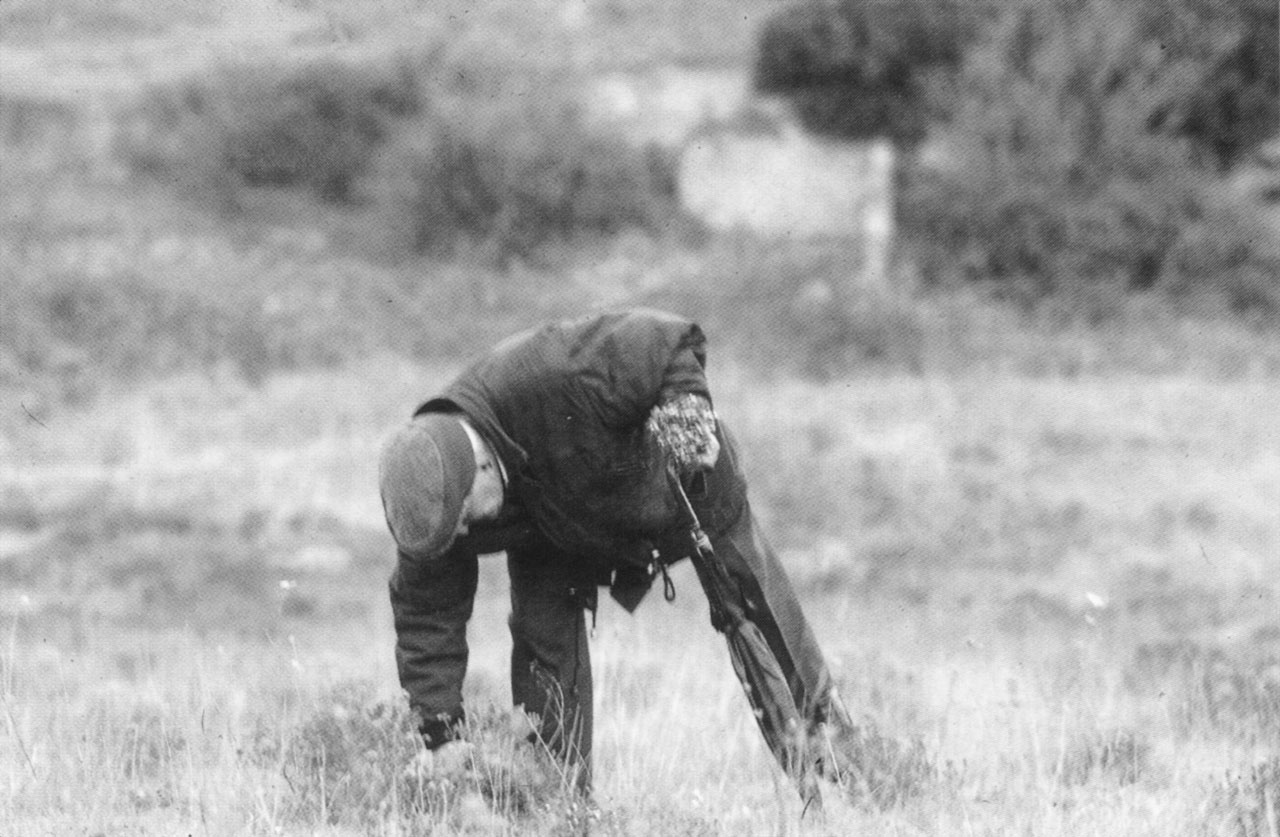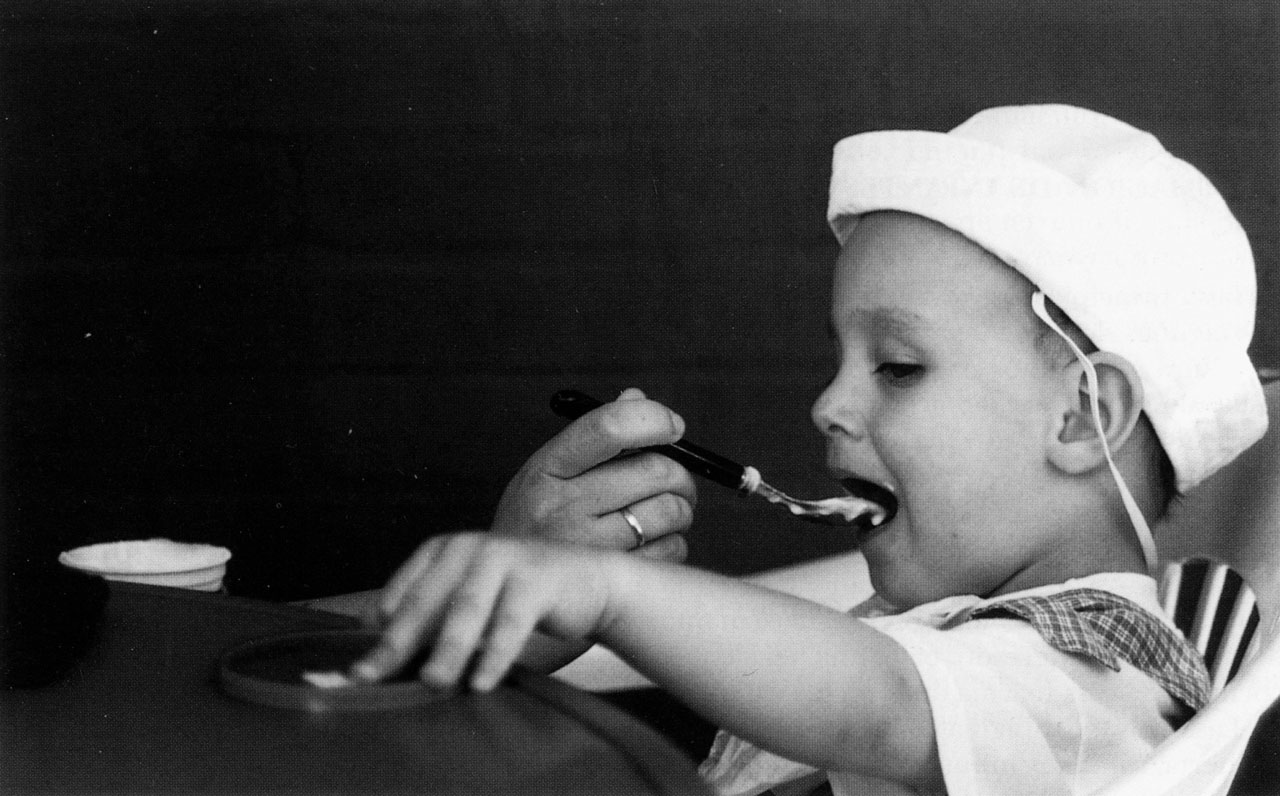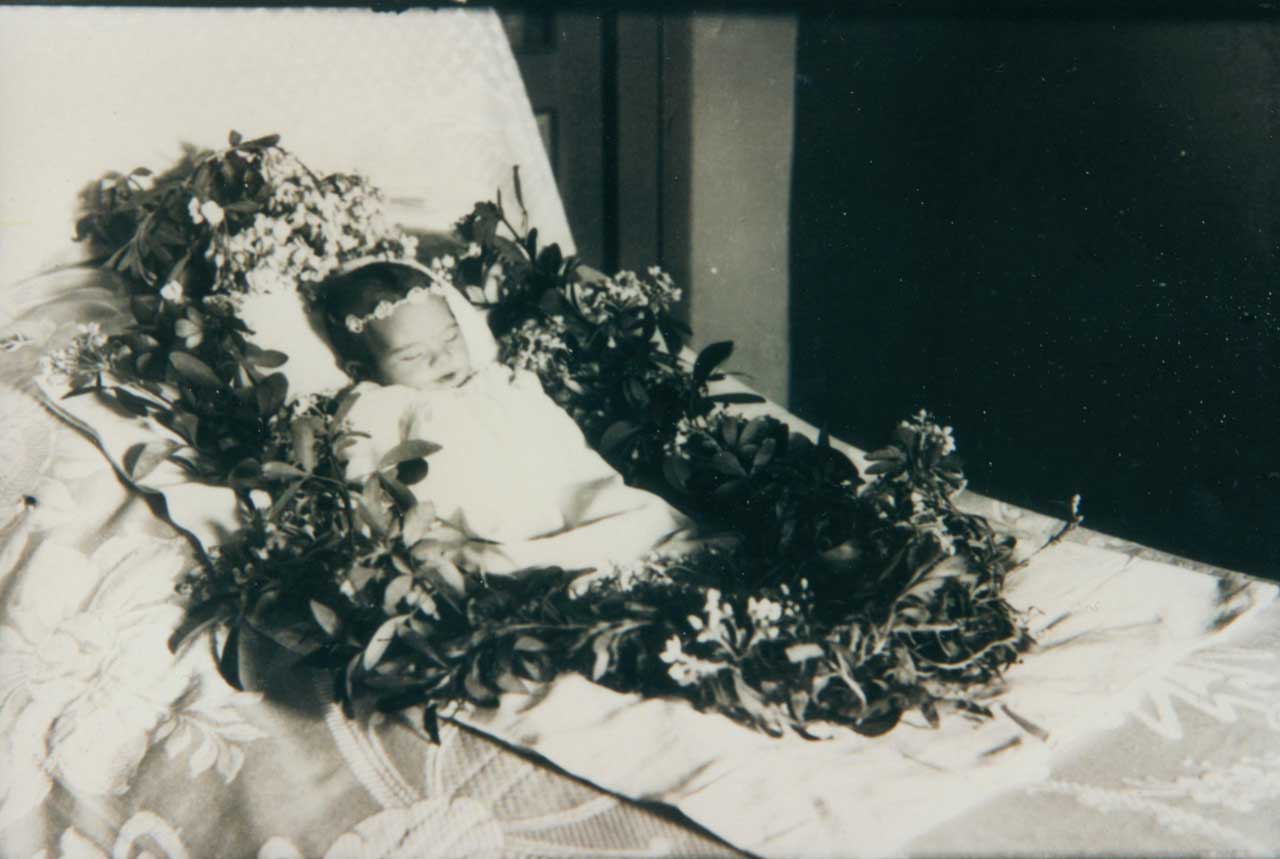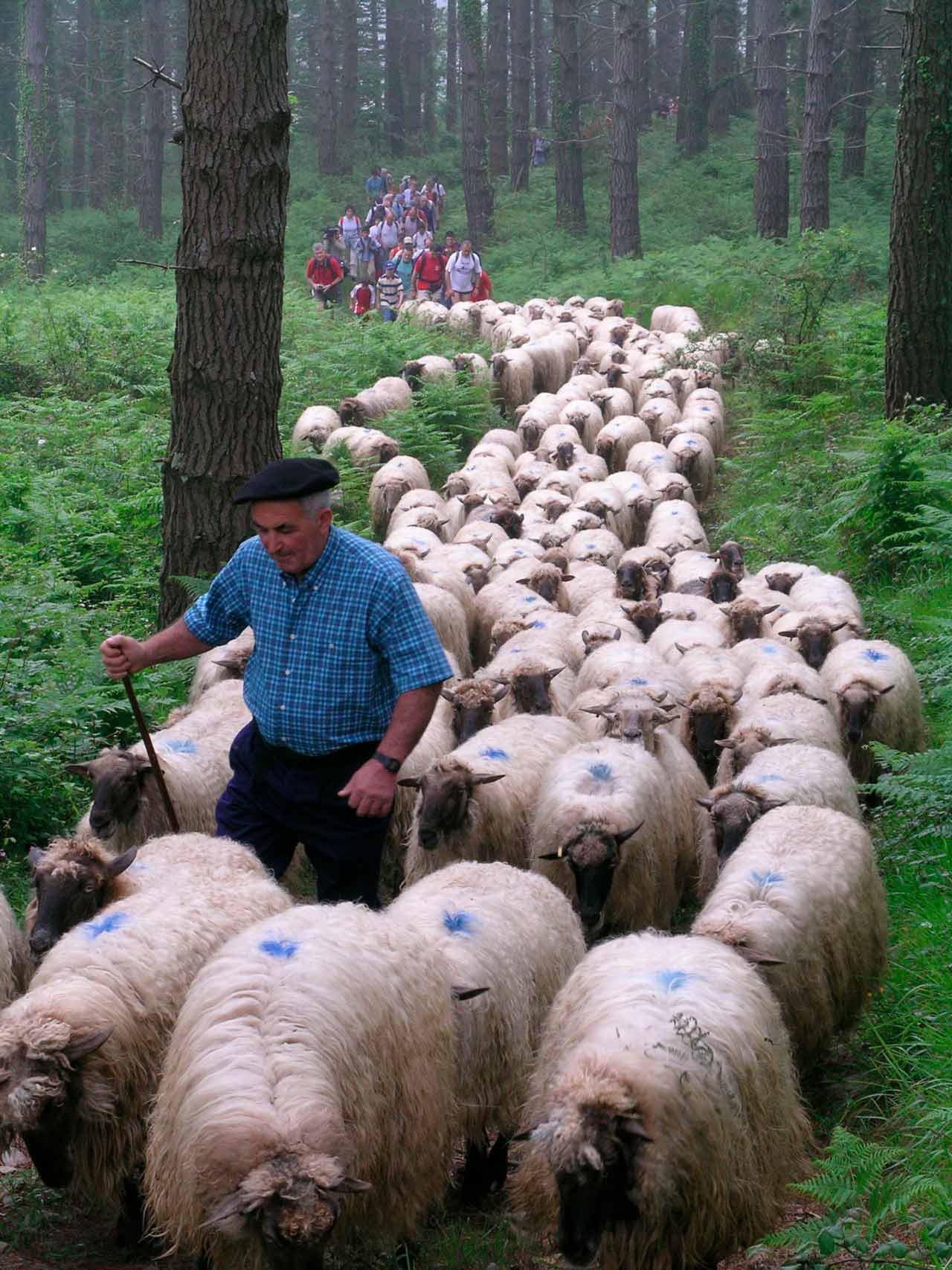Ethnographic Atlas of the Basque Country
De Atlas Etnográfico de Vasconia
Zurututza Farmhouse. Zeanuri (B), c. 1925. Source: Labayru Fundazioa Photograhic Archive: Felipe Manterola Collection.
House and Family in the Basque Country


House and Family in the Basque Country
Etxeko habeak, etxeko berri. A fool knows more in his own house than a wise man in another’s.
Family Diet in the Basque Country


Family Diet in the Basque Country
On dagizula janak eta kalterik ez edanak. Enjoy what you eat and drink.
Children’s Games in the Basque Country


Children’s Games in the Basque Country
Changes in the adult world are also necessarily reflected in the children’s world. It should not be forgotten that those changes also affect the world of beliefs, convictions and rites underlying many traditional games; many of which would be stripped of meaning, some would fall into disuse, others would persist and would adapt to the new circumstances.
Traditional Medicine in the Basque Country


Traditional Medicine in the Basque Country
There is a hidden wisdom behind popular medicine that goes far beyond the remedy itself. This collection of data helps us catch a glimpse of a way to understand health and disease —and ultimately the human body— that differs from the prevailing view.
Rites from Birth to Marriage in the Basque Country


Rites from Birth to Marriage in the Basque Country
Charms, kutunak, were attached to children’s clothes and were said to protect them from the evil eye.
Funeral Rites in the Basque Country


Funeral Rites in the Basque Country
Jaiotzetik heriotza zor. When you begin to live, you being to die.
On the move to the summer pastures in Gorbeia, 2006. Source: Antxon Aguirre, Etniker Euskalerria Groups.
Livestock Farming and Shepherding in the Basque Country


Livestock Farming and Shepherding in the Basque Country
Traditional shepherding and free-range livestock husbandry have prevailed on regions where these three requisites are satisfied: communal land, open-access rights, and free movibility for herds.
Agriculture in the Basque Country


Agriculture in the Basque Country
Flax fields and market gardens were the areas of the farm that required the greatest care, the pride of the farmer’s property and a cornerstone of the family’s wealth.

